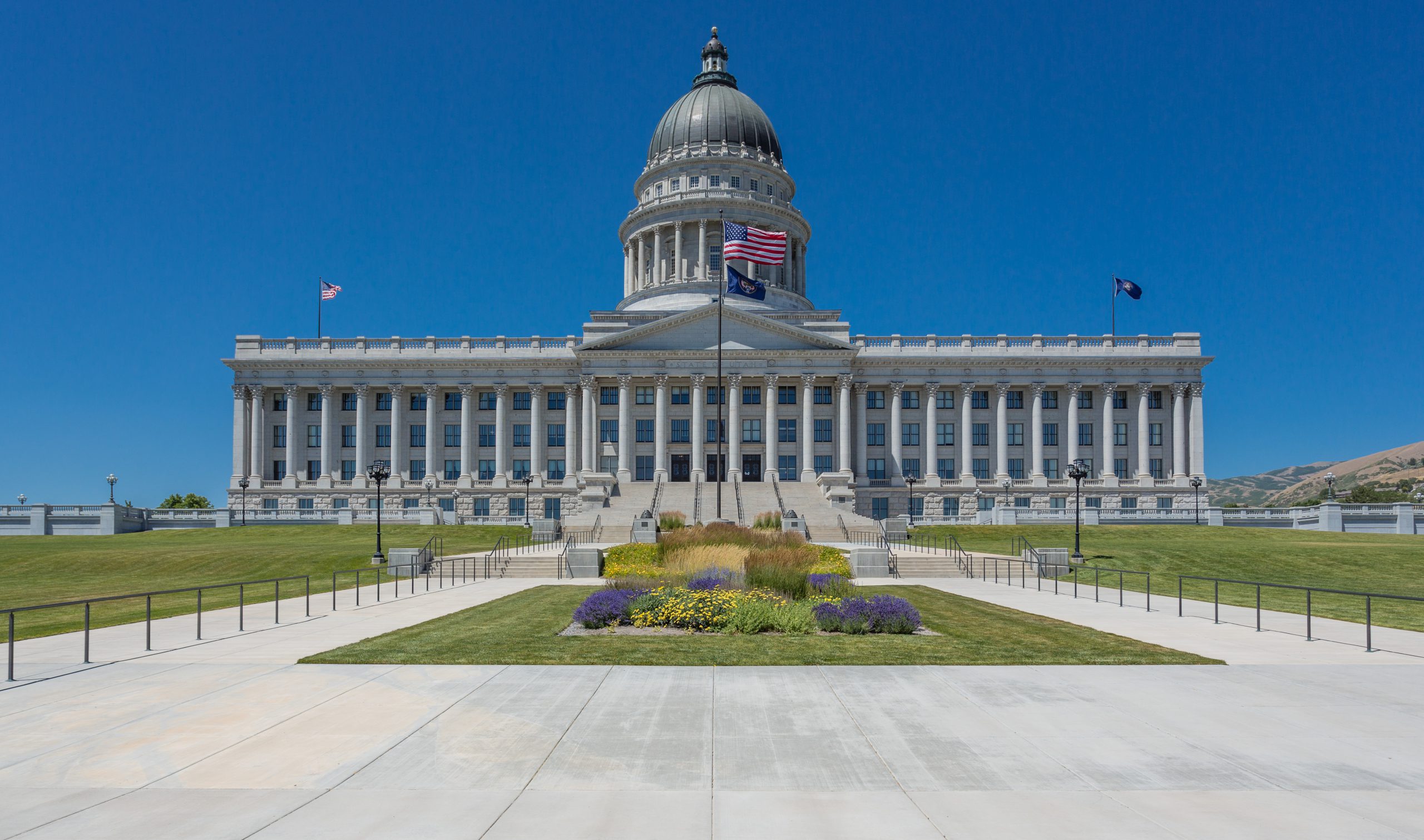Protect Utah Workers submitted signatures to the secretary of state’s office on April 15 for a veto referendum that would go before voters on Nov. 3, 2026. The referendum would repeal House Bill 267 (HB 267), which is suspended until the election due to the referendum. HB 267, if enacted, would prohibit public employees, such as teachers and firefighters, from participating in collective bargaining and forming unions. The secretary of state’s office will spend the coming weeks verifying each signature to ensure that no individual signed twice, that there are no illegible signatures, and that each person who signed the petition is a registered voter in their claimed senate district. As of April 15, the office had verified 3,625 signatures.
In Utah, the required number of valid signatures for veto referendums is equal to at least 8% of active voters. For 2026, that amounts to 140,748 signatures. Additionally, the petition needs signatures from 8% of active voters in at least 15 of 29 counties in the state. If the petition achieves 140,748 signatures but does not meet the distribution requirement in 15 counties, the referendum will not be certified for the ballot.
After each signature is posted on the secretary of state’s website, opponents of the referendum have 45 days to contact those who signed the petition and attempt to convince them to rescind their signature. Those who signed the petition can also contact their county clerk to remove their name up to 30 days after they signed.
A supporter of HB 267, State Rep. Jordan Teuscher (R-44), said the bill would ensure that “labor unions aren’t getting access to taxpayer resources.” Utah Parents United, the organization sponsoring the ‘Decline to Sign’ campaign against the referendum, focused on teachers unions, claiming that HB 267 would “[keep] education focused on students, not union politics.”
Protect Utah Workers, the campaign that gathered signatures for the referendum, said, “When public workers lose their ability to negotiate fair wages, safe working conditions, and benefits, it doesn’t just hurt them, it affects all of us.” Bryan Bobo, a member of the Professional Firefighters of Utah, says that HB 267 “takes a lot of our rights away as far as being able to do that collective bargaining and being able to come in and have our voice and do what’s right for the people.”
Four veto referendums have received the required number of signatures and appeared on the ballot in Utah. Two appeared on the ballot in 1954, which repealed legislation that ended the state ownership of Carbon, Dixie, Snow, and Weber colleges. One appeared on the ballot in 1974, which repealed the Land Use Act of 1974. Most recently, in 2007, a referendum repealed a scholarship program for students attending private schools. In all cases, the referendum efforts resulted in the targeted law being repealed.
If the referendum is placed on the ballot, it will join two legislatively referred constitutional amendments already certified for the ballot. The first amendment would require that future citizen-initiated state statutes need a 60% supermajority vote in the election to pass if the initiative increases taxes. Currently, all citizen initiatives require only a simple majority (50% plus one vote) to pass into law. The second amendment would update the publication requirement for ballot measures that would amend the state constitution. Currently, proposed constitutional amendments must be published in at least one newspaper in each county in the state for at least two months preceding the election. If the ballot measure is approved, the newspaper requirement would be abolished, thus allowing publication on the state legislature’s website to meet the requirement to notify the public.
Two other initiatives are gathering signatures in Utah. The first initiative would require Utah to follow the congressional district method when assigning electoral votes to presidential candidates. The congressional district method is used by two other states, Nebraska and Maine. The second initiative would require the Lieutenant Governor to create and maintain a secure website for voters to file and sign initiative and referendum petitions electronically. All signatures for initiatives must be submitted 30 days after the first signature is received or by February 15, 2026, whichever is earliest.
Additional reading:


